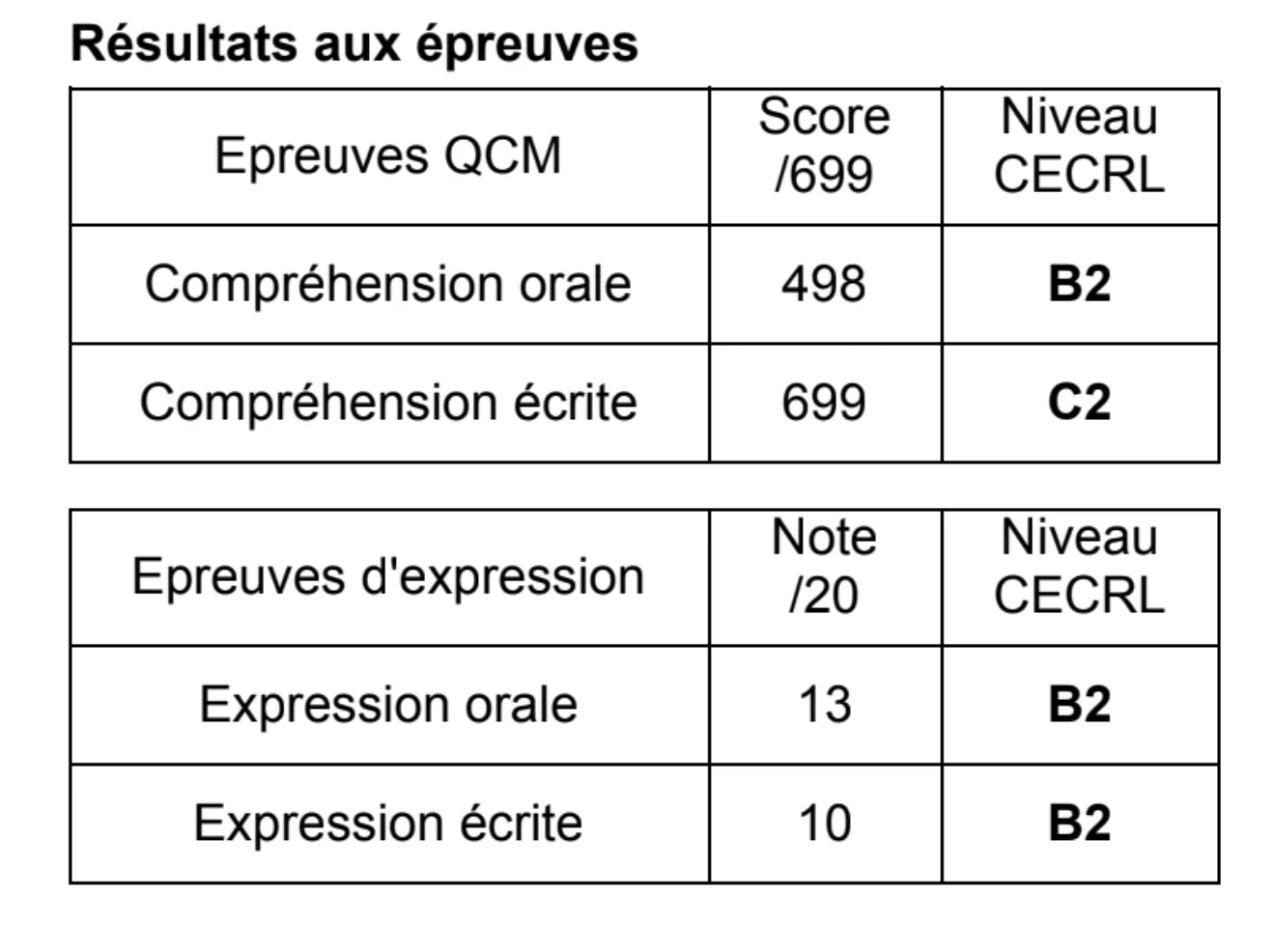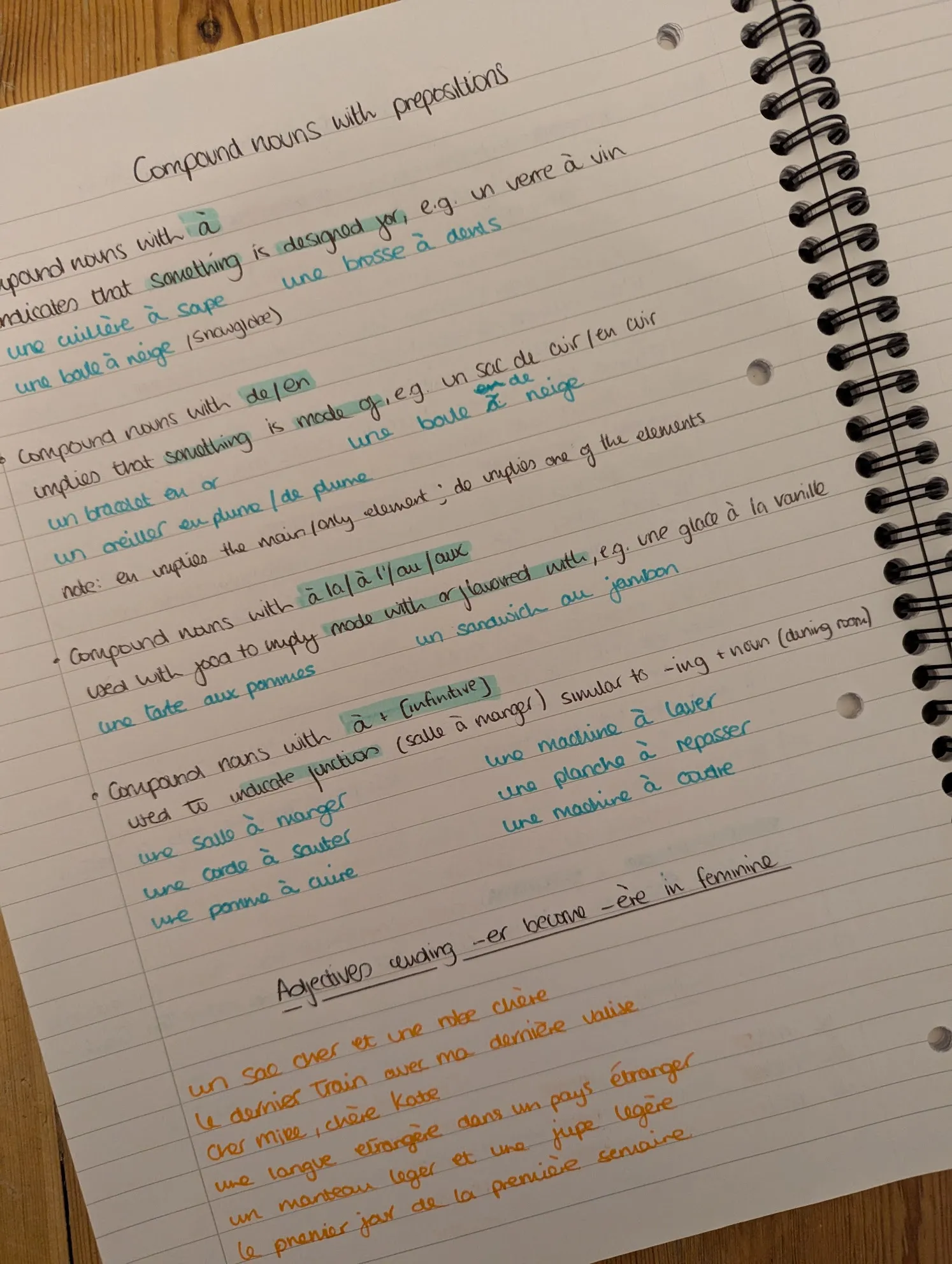
How I Passed the TCF Exam
How I Passed the TCF B2 and Qualified for Canadian PR Through the French Stream
I’m thrilled to share that I recently passed the Test de Connaissance du Français (TCF) at the B2 level — a key milestone that now qualifies me as a fluent French speaker for immigration to Canada through the French language proficiency Express Entry. This achievement not only boosts my profile as a candidate for permanent residency but also marks the culmination of months of focused preparation, language learning, and persistence.

Why the TCF Matters for Canadian Immigration
Canada offers multiple immigration pathways for French-speaking candidates, especially outside Quebec. By demonstrating French proficiency at a B2 level or higher on the TCF (or TEF), you can benefit from:
- Additional CRS points in Express Entry
- Access to programs like the Francophone Mobility Program or French-Speaking Category Draw
- Increased chances of selection in provincial nominee programs (PNPs) or regular Express Entry draws.
In short, strong French skills open doors — literally.
Why I Set the TCF as My Goal
Setting the TCF B2 exam as my goal wasn’t random—it was one of the most purposeful decisions I’ve made in my immigration journey. It ticked every box of a SMART goal: it was Specific, Measurable, Achievable, Relevant, and Time-bound. Unlike vague ambitions like “get better at French,” this gave me something concrete to work towards, with a clear outcome and a solid deadline.
Most of my goals in life tend to be exercise-based, but language learning provided a rewarding alternative—especially useful during periods of injury or downtime. It was a mental challenge I could tackle anywhere, anytime. Plus, learning French turned out to be genuinely fun. Exploring native content like podcasts, books, and media not only helped me improve quickly, but also kept me consistently motivated.
On a deeper level, this goal was tied to a long-held dream: moving back to Canada. I had previously lived there on an IEC visa, but due to limited work experience and the impact of COVID-19 in 2020, I had to leave without securing a long-term future. Since then, I never quite had enough points to be competitive in Express Entry. The French-speaking skilled worker stream offered a strategic solution—it allowed me to bypass the need for a qualifying job offer and significantly reduced the pressure of the PR process.
Pursuing the TCF wasn’t just about a test—it was about reclaiming a dream, finding joy in learning, and making immigration more achievable on my terms.
Study Tips That Helped Me Succeed
Here are some strategies that helped me prepare effectively for the TCF:
1. Immerse Yourself in French Daily
I surrounded myself with French media—podcasts like InnerFrench, news from Radio-Canada, and YouTube channels such as Francais Authentique. Even 20–30 minutes a day made a difference.
2. Practice Speaking with Native Speakers
I used apps like iTalki and Preply to practice conversation. Speaking regularly helped me gain confidence and spontaneity, which is critical in the oral expression section.
3. Write Every Day
I started a simple logbook, and practiced structured essays similar to those on the test. Reussir-TCFcanada was an invaluable resource here, they have hundreds of previous exam questions that I could work through. I used correction tools such as Reverso Grammar Checker, and asked ChatGPT for corrections and suggestions for improvements. My tutor also set exam questions, and provided my with corrections.
4. Simulate the Test Conditions
I practiced with real sample tests from the France Éducation International website. This helped me get familiar with the format and manage time better.

5. Focus on Connectors and Grammar for Writing
I made a list of transition words and expressions (like toutefois, d’une part, en revanche) and practiced using them in context. Solid grammar and structure helped boost the clarity of my writing.
6. Learn Exam Technique
You don’t get a huge opportunity to make an impression - but that also means you have fewer opportunities to make a mistake. For the writing, I relied upon ChatGPT to help me create structures and reusable phrases for the essays that I could use for multiple situations. This meant I only had about 30% of the words left to fill during the exam. Task 1 of the speaking was similar, I had planned what I was going to say enough that I could make it sound spontaneous. This kept me relaxed, and fluid.
My Weekly French Study Routine
Reaching the B2 level in French wasn’t just about raw study hours—it was about using the right tools consistently. I built a weekly routine that balanced input, output, grammar, and active recall. Here’s a breakdown of what a typical week looked like during my TCF preparation phase:
1. Listening & Comprehension Practice
- InnerFrench Podcast (3–4 times a week): I’d listen during walks or while commuting. Hugo’s clear, intermediate-level French and thought-provoking topics were perfect for expanding my vocabulary and tuning my ear to natural speech.
- Change Ma Vie Podcast: I love productivity podcasts in English. It took me too long to simply listen to the content in French instead! This podcast is really clear, the creator usually speaks on her own, and the length is very digestible. It was real content that I genuinely enjoyed.
- TV5Monde Listening Exercises (2 times a week): I used their video-based listening comprehension exercises designed for language learners. These helped me bridge the gap between classroom-style audio and real-world spoken French.
2. Reading & Vocabulary Building
- Readlang + Young Adult Books (Daily): I read YA novels I’d already enjoyed in English (like Harry Potter or The Hunger Games) in French. Using Readlang, I could tap on unfamiliar words and create flashcards from them. This made reading more enjoyable and helped me build a personalized vocabulary list.
- TV5Monde Reading Practice Tests (1–2 times a week): I worked through their official sample reading comprehension sections to get familiar with test formatting and timing.
3. Grammar & Accuracy
- Kwiziq Grammar Drills (3 times a week): I loved Kwiziq’s AI-driven quizzes. It adapted to my weaknesses and provided clear explanations, especially helpful for tricky topics like verb tenses, pronouns, and subjunctive use.
- Notebook Reviews (Weekly): When studying new topics I wrote these in a notebook, and made sure to revise them.
4. Speaking Practice
- italki Lessons (2 times a week): Speaking with native tutors helped me build fluency and confidence. I focused on structured conversation and simulated TCF-style prompts to prepare for the speaking section.
- Self-Talk & Shadowing (Several times a week): I’d narrate my day in French or repeat phrases aloud from the InnerFrench podcast for pronunciation and rhythm. Or, simply talk through what I was doing.
5. Writing Practice
- Short Essays & Journaling (2–3 times a week): I wrote personal reflections, opinion essays, or summaries of what I’d read or watched in French. I got feedback from tutors or used LanguageTool for grammar checks.
This structured mix kept things fresh, covered all language domains, and allowed me to track real progress week by week. You don’t need to do everything every day—but consistent variety makes a huge difference.
Final Thoughts
Passing the TCF B2 was not just a test result — it was a confidence boost and a gateway to new opportunities. If you’re considering taking the TCF for immigration or personal growth, know that it’s absolutely achievable with the right approach and dedication.
French is a beautiful language, and Canada welcomes those who speak it. Whether you’re just starting or already at an intermediate level, I hope my journey inspires you to reach your goals.
Bonne chance à tous!